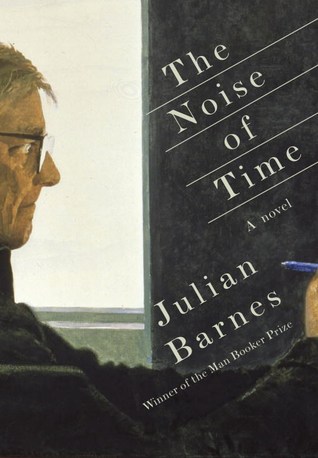More on this book
Community
Kindle Notes & Highlights
He had become a technique for survival. Below a certain point, that was what all men became: techniques for survival.
Destiny. It was just a grand term for something you could do nothing about.
The system of retribution had been greatly improved, and was so much more inclusive than it used to be.
Perhaps there was a musicologists’ plot waiting to be uncovered, followed by a composers’ plot and a trombonists’ plot. Why not? “Nothing but madness in the world.”
And then he stood and waited, thinking about the past, fearing for the future, smoking his way through the brief present.
Theories were clean and convincing and comprehensible. Life was messy and full of nonsense.
Genius and evil Are two things incompatible. You agree?
But even Turgenev, for all his faults, had a true Russian pessimism. Indeed, he understood that to be Russian was to be pessimistic. He had also written that, however much you scrubbed a Russian, he would always remain a Russian.
To be Russian was to be pessimistic; to be Soviet was to be optimistic. That was why the words Soviet Russia were a contradiction in terms.
All that bothered him was the barking of dogs: that insistent, hysterical sound cut right across the music he heard in his head. That was why he preferred cats to dogs. Cats were always happy to let him compose.
When you chop wood, the chips fly: that’s what the builders of socialism liked to say. Yet what if you found, when you laid down your axe, that you had reduced the whole timberyard to nothing but chips?
Art belongs to everybody and nobody. Art belongs to all time and no time. Art belongs to those who create it and those who savour it. Art no more belongs to the People and the Party than it once belonged to the aristocracy and the patron. Art is the whisper of history, heard above the noise of time. Art does not exist for art’s sake: it exists for people’s sake.
Well, he lies like an eyewitness, as the saying goes. —
What could be put up against the noise of time? Only that music which is inside ourselves—the music of our being—which is transformed by some into real music. Which, over the decades, if it is strong and true and pure enough to drown out the noise of time, is transformed into the whisper of history.
In the world’s younger days, when magic and religion held sway, it was plausible that monsters might have consciences. Not anymore. The world had moved on, become more scientific, more practical, less under the sway of the old superstitions. And tyrants had moved on as well. Perhaps conscience no longer had an evolutionary function, and so had been bred out. Penetrate beneath the modern tyrant’s skin, go down layer after layer, and you will find that the texture does not change, that granite encloses yet more granite; and there is no cave of conscience to be found.
The self-doubt of the young is nothing compared to the self-doubt of the old.


